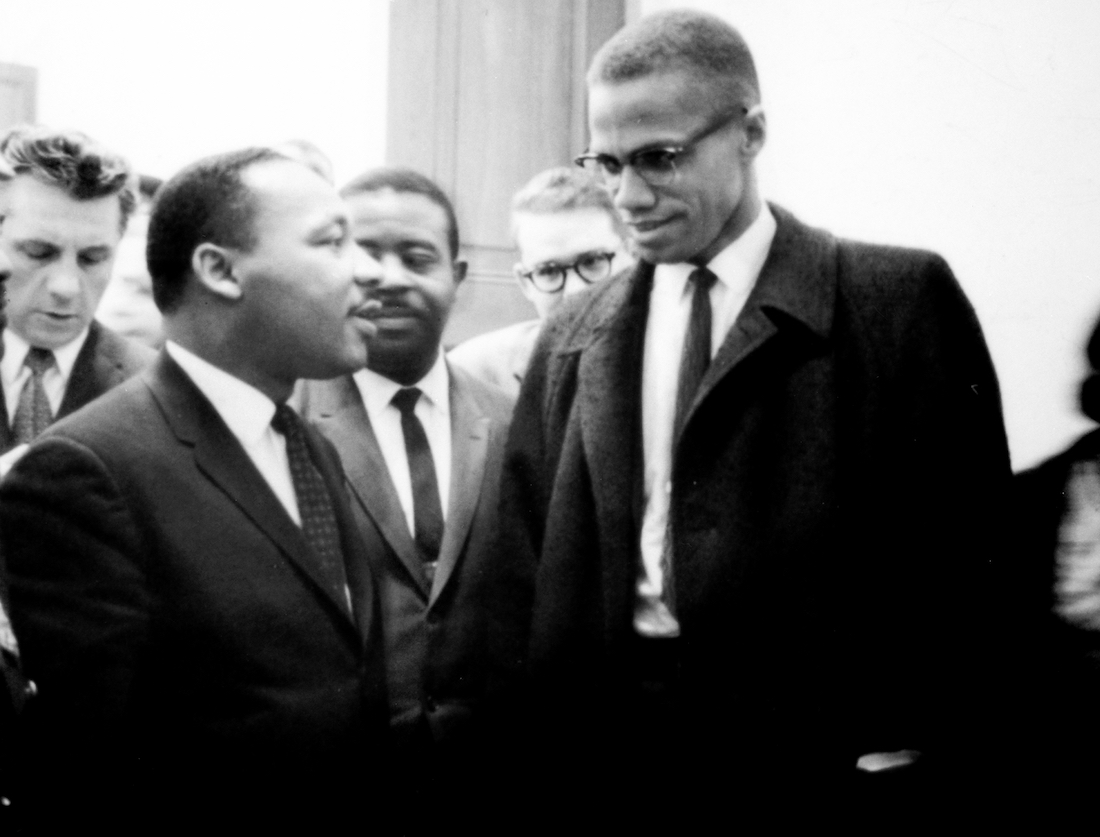June 25, 2020
America’s two warring views of race
America’s current racial strife has roots deeper than recent controversies involving the police. One factor greatly exacerbating these tensions is the contrast in worldviews over the relative importance of “race” in one’s life and how those in dialogue view the American founding, according to Ismael Hernandez, executive director of the Freedom and Virtue Institute and a longtime lecturer at Acton University. Continue Reading...

